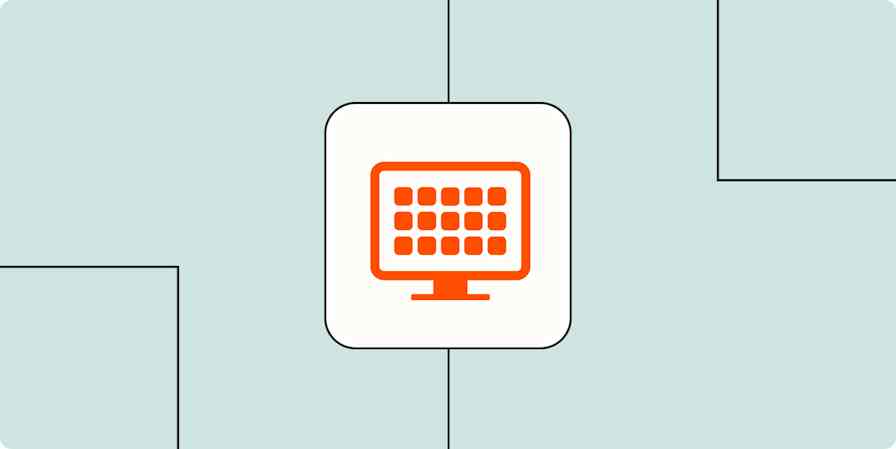Business tips
3 min read3 business leaders share their predictions for the future of small businesses
These business leaders survived the economic downturn of the pandemic. Here's what they think is coming next.
By Deb Tennen · June 3, 2022

Get productivity tips delivered straight to your inbox
We’ll email you 1-3 times per week—and never share your information.
tags
Related articles
Improve your productivity automatically. Use Zapier to get your apps working together.








